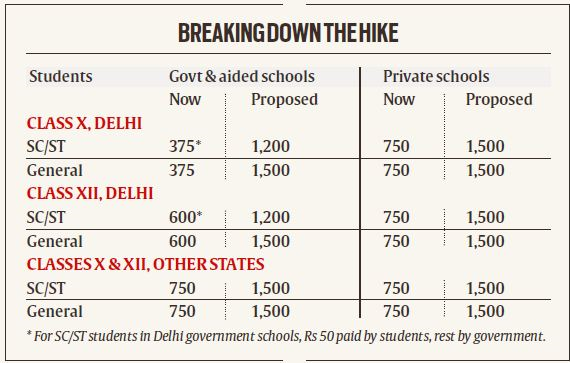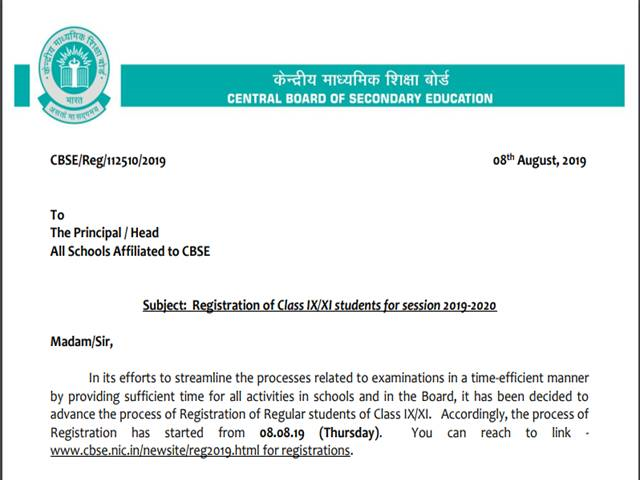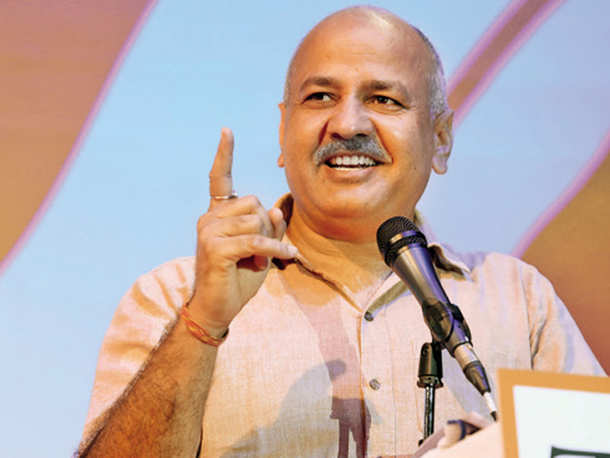"Asura: Tale of the Vanquished" by Author Anand Neelakantan: Book Review
on Sep 26, 2022
.jpg)
"I had lived as Ravana, and I would die as Ravana. I did not intend to become Rama, the perfect man, and God. There was no dearth of Gods in my country. It only lacked men." - Our favorite quote from Asura: Tale of the Vanquished by Anand Neelakantan.
Anand is a known mythology fiction writer who has written over ten books in a genre and is known for his well-researched profound writing that provokes thoughts to open new perspectives of looking at a well-known story.
This story is a unique twist on the epic of Ramayana, where the tale is twisted on its head and is written from the perspective of the defeated demon king Ravana. The writing style of this book is very down-to-earth and narrative-driven, with the inner monologue of the protagonists showcasing their view of the world they live in. The book's two main protagonists are Ravana himself and Bhadra, a lowly Asura trying to raise a family and do his duty as part of the Asura kingdom.
Ravana narrates his birth as a lowly Asura striving to survive with his little brothers on the outskirts of Lanka, where his cousin, Kubera, the God of Wealth, reigned supreme. His anger-fueled childhood led him to meet Mahavir and understand the politics of the Asura world, where he rose significantly as a great warrior and a tactician and slowly but proudly overtook his cousin to become the King he was always destined to be. On the other side, the story of Bhadra is a humble one where he starts as a simple foot soldier who, with his commitment and loyalty, gains the favor of Ravana and comes close to him.
The story is gripping and a page-turner with new revelations about the world and how the protagonists escape the situation. Then the entire war between the Rama and Ravana is narrated in a beat-by-beat account. Once he sits on the throne of Lanka, the narration is from the King's point of view. In stark contrast to this, we discover Bhadra, a commoner who though completely loyal to Ravana, is misunderstood many times and narrates the story from a poor man's point of view. While we all have heard that Lanka was the golden kingdom, Bhadra tells us much more about the situation in a commoner's Lanka.
Another good thing about Asura by Anand Neelakantan is that the author does not seek to defame the Ramayana or glorify Ravana. He attempts to bring out the loser's tale. He makes us question the norms and realize that maybe evil is evil because it was depicted so. Maybe there is another story or rationale behind Ravana's actions that ultimately led him to his defeat.
Regardless of his agenda, you can connect with the mindset of Ravana and find yourself making the same decisions he made during and after the war. However, once he dies, he is now immortalized as the King with ten heads, forever known to the world as the intellectual we all hope to be sometimes. There's a Deva and an Asura in all of us, and whichever part we choose is the one that lives through us.
Read this book for the fresh new take on Asuras and demons, all written in reader-friendly language that captivates you from the first page and doesn't let you go till the last.

.jpg)
.jpg)
.jpg)
.jpg)
.jpg)
.jpg)

.jpg)
.jpg)
.jpg)
.jpg)


_(1).jpg)
.jpg)










Sorry! No comment found for this post.